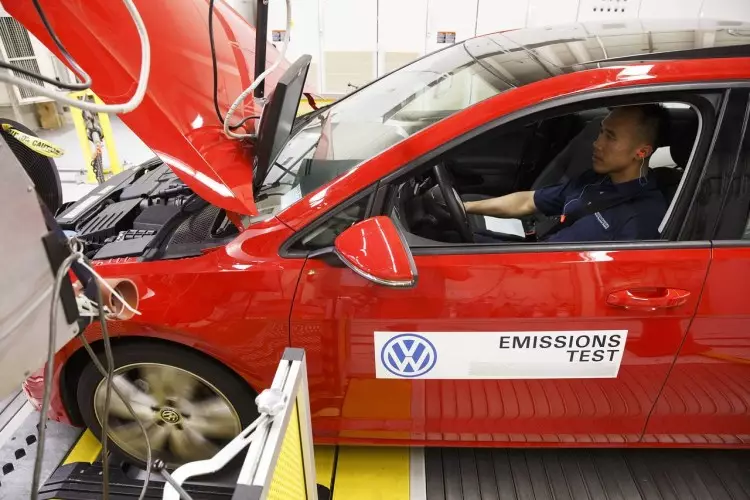The next few years can see a complete paradigm shift in the industry. From downsizing to upsizing engines.
For some time now, many brands have been investing in three-cylinder and, in some cases, two-cylinder engines (in the case of Fiat) to equip their families, utility vehicles and city dwellers. And if it is true that these engines have managed to pass “the raindrops” in laboratory tests, in real driving conditions, the story could be different.
The problem for the brands is that as of next year, the new models will begin to undergo tests for emissions on the road to nitrogen oxide (NOx), this measure being mandatory from 2019. Two years later, consumption fuel and carbon dioxide (CO2) emissions will also be tested under real conditions.

So what is the solution to this problem? Easy, "upsizing" . For Thomas Weber, head of the research and development department at Mercedes-Benz, "it has become apparent that smaller engines do not have any advantage". Remember that the German brand does not have any engine with less than four cylinders.
Another brand that has stoically resisted downsizing has been Mazda. It is one of the few brands (if not the only one) that competes in the B-segment with a large (but modern) 1.5 liter four-cylinder engine. Peugeot, which has already started testing its models in real conditions, has also taken the decision not to lower the displacement of engines that are transversal to the entire range below 1,200 cc.
NOT TO BE MISSED: When do we forget the importance of moving?
Among the brands that could be in trouble with the upsizing of the engines, one of them is Renault – we remind you that one of the main models of the French brand, the Clio, has one of the smallest engines in the segment (hat tip to Nuno Maia in our Facebook), a 0.9 liter three-cylinder turbo.Faced with this problem and according to Reuters, Renault is preparing to discontinue the smallest engines in its range over the next three years. On the sidelines of the Paris Motor Show, Alain Raposo, responsible for engines for the Renault-Nissan alliance, confirmed the decision: “The techniques we use to reduce engine capacity will no longer help us to comply with emission regulations. We are reaching the limits of downsizing ", ensures.
Like the French brand, Volkswagen and General Motors will also be able to follow the same path, and it is expected that in the near future other brands will move towards "upsizing" their engines, which could mean the end of diesel engines below 1500 cc and gasoline with less than 1200 cc.
Source: Reuters
